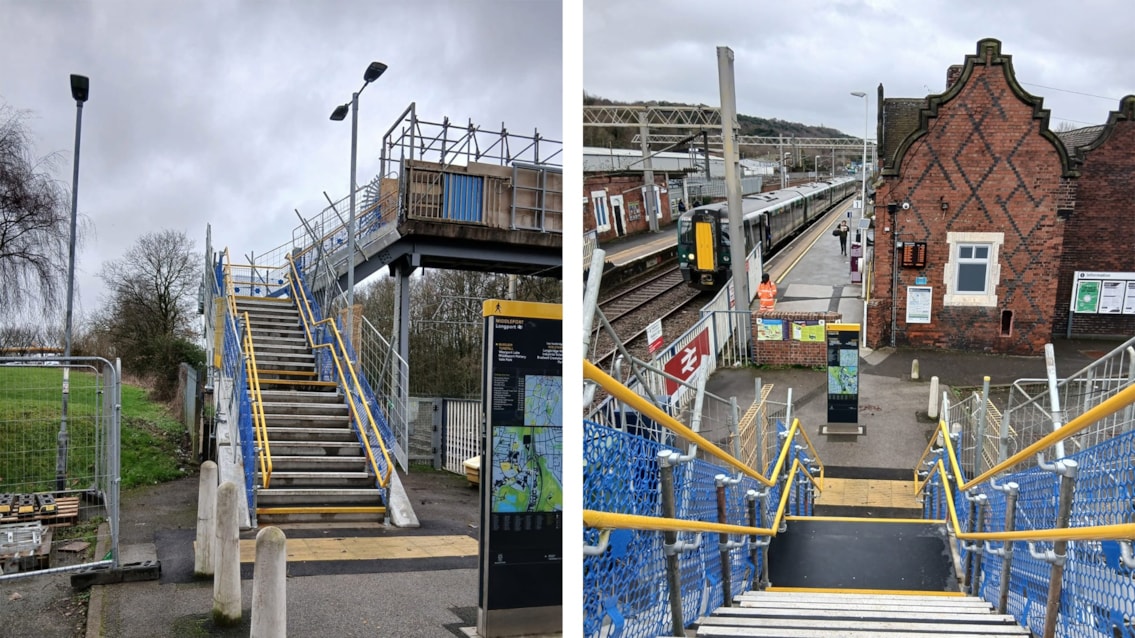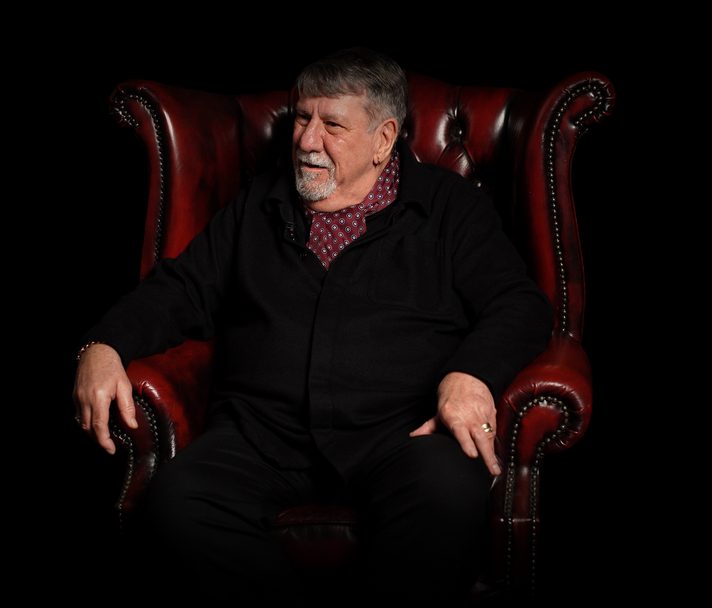People are claiming that not enough has been done to improve accessibility on Paris's underground trains network ahead of the Paralympics.
Leading French disability charity, APF France Handicap, has described the Metro as a "big black spot" on the city's Paralympic legacy, with the president of the International Paralympic Committee saying he understood the "frustration", but pointed to "massive investment" in the city's buses. French wheelchair users say the lack of accessibility on the Metro was a source of "shame".
Before Paris was awarded the Games in 2017, organisers had put accessibility at the centre of their bid, external, promising "accessible infrastructure and attitudes befitting the most visited country on Earth".
The city is expecting 350,000 disabled fans, external to visit for the Games this summer.
Shuttle buses and accessible taxis are being provided to help disabled people travel around, but Nicolas Mérille, APF's national advisor on universal accessibility, said the authorities had not made lasting changes to improve it. "The legacy is very, very weak," he said.
"And obviously the big black spot is the Metro." French TikTok influencer, Arthur Baucheron, says it takes him twice as long to travel around Paris compared to his non-disabled friends.
Baucheron is so popular in France that he has been selected to be a torchbearer ahead of the Games. Counting French president Emmanuel Macron among his Instagram followers, he says he finds it nearly impossible to use the Metro to get around his own capital city.
“It is my dream to take the Metro", he says. Ahead of the Games, Braille markers have been added to handrails and audio announcements have been brought in to make stations more accessible for some disabled people.
But only one of the 16 Metro lines is fully wheelchair-accessible, with lifts, step-free access and no gaps between the trains and platforms. Mr Baucheron said: “It’s a shame not to be able to access more stations,” adding that he sometimes has to take three buses to see his friends in the city.
"It's really complicated to go from point A to point B without using a taxi for example,” he said. “But that's more expensive and we don't all have the money to take a taxi every time we need to go somewhere."
Parisian authorities have invested €125m (£107m) in the city's buses in the run-up to the Games, which are all now accessible and can accommodate two wheelchair users each. Andrew Parsons, president of the International Paralympic Committee, has said that he was disappointed there had not been more improvements to the Metro in the lead-up to the Games.
But he said it would have required a change in the law and "monumental" investment to make a significant impact in the seven years of preparation. "It made it virtually impossible," he said.
Instead, he pointed to the authorities' investment in the city's buses. "We understand a degree of frustration not having the Metro, but we also like to highlight a positive outcome and legacy from these Games, which is to invest in the bus transport system, making it accessible," he said.
A spokesperson for the RATP Group, which operates public transport in Paris, said the Metro network is "very old and one of the densest in the world", making it difficult and costly to make widespread changes.











